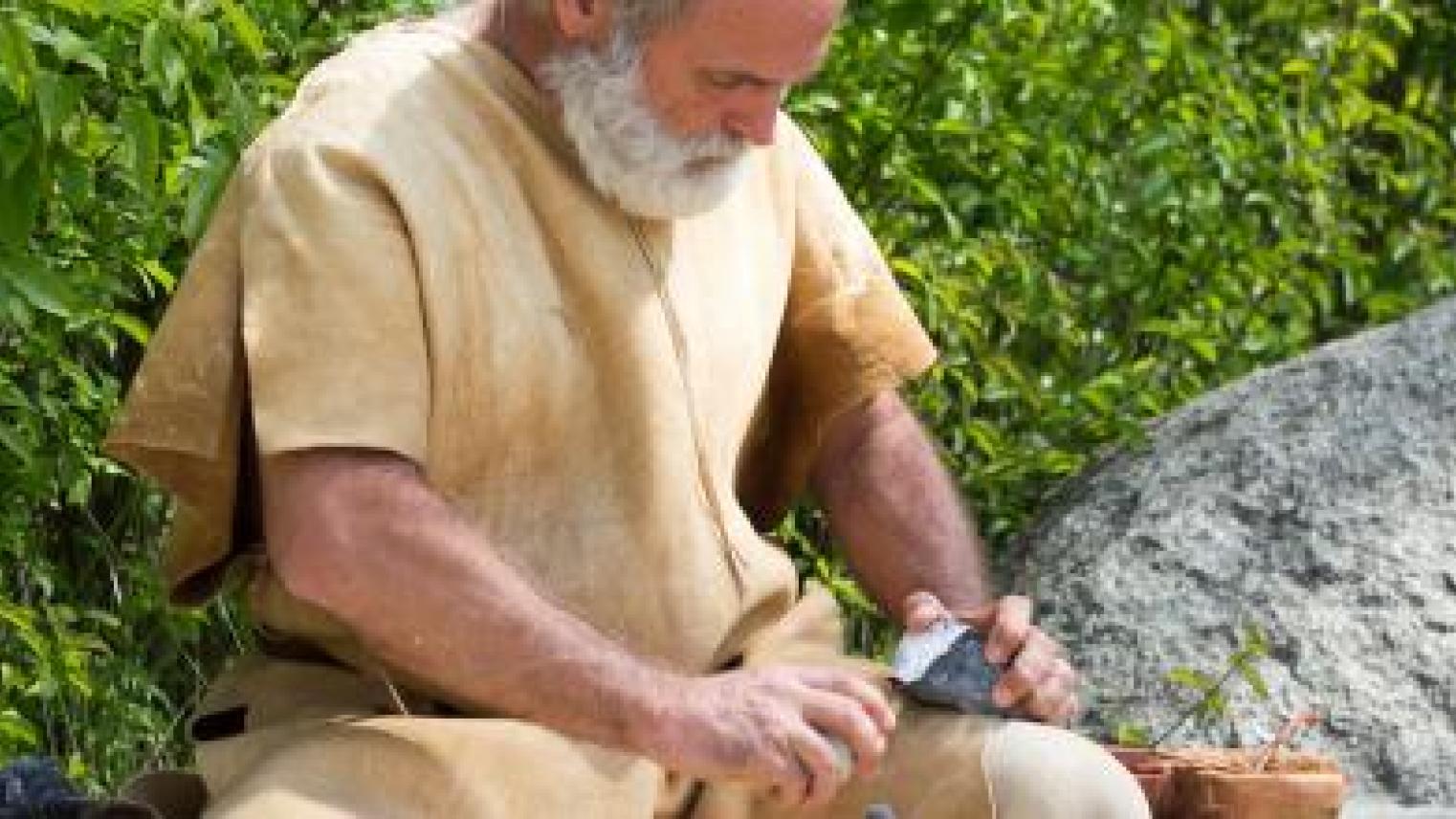On the one hand, experimental archaeology is often understood as a strategy for testing hypotheses concerning the processes which shape the archaeological record. But on the other hand, skilled practitioners often emphasise the importance of the tacit knowledge experimentation provides. Focusing on lithic technology, I argue there is no tension here.
Experimental archaeology is usefully understood via ‘maker’s knowledge’. Conducting archaeological experiments generates embodied know-how enabling archaeologists to grasp and challenge various hypotheses and perspectives concerning past practices, while well-placing them to generate integrated interpretations. I further use experimental archaeology to illustrate ‘material speculation’: the constraints and affordances of archaeologists and their materials shape productive exploration of the capacities of objects and human skill in ways relevant to archaeological questions.
This is in sharp contrast with the often abstract, imagination-focused conceptions of idea-generation favoured by philosophers.
About the Speaker
Adrian is a Senior Lecturer in the department of Sociology, Philosophy and Anthropology at the University of Exeter. He is primarily interested in how scientists successfully generate knowledge in tricky circumstances: where evidence is thin on the ground, targets are highly complex and obstinate, and our knowledge is limited.
Event Speakers

Dr Adrian Currie
Adrian is a Senior Lecturer in the department of Sociology, Philosophy and Anthropology at the University of Exeter. He is primarily interested in how scientists successfully generate knowledge in tricky circumstances: where evidence is thin on the ground, targets are highly complex and obstinate, and our knowledge is limited.
